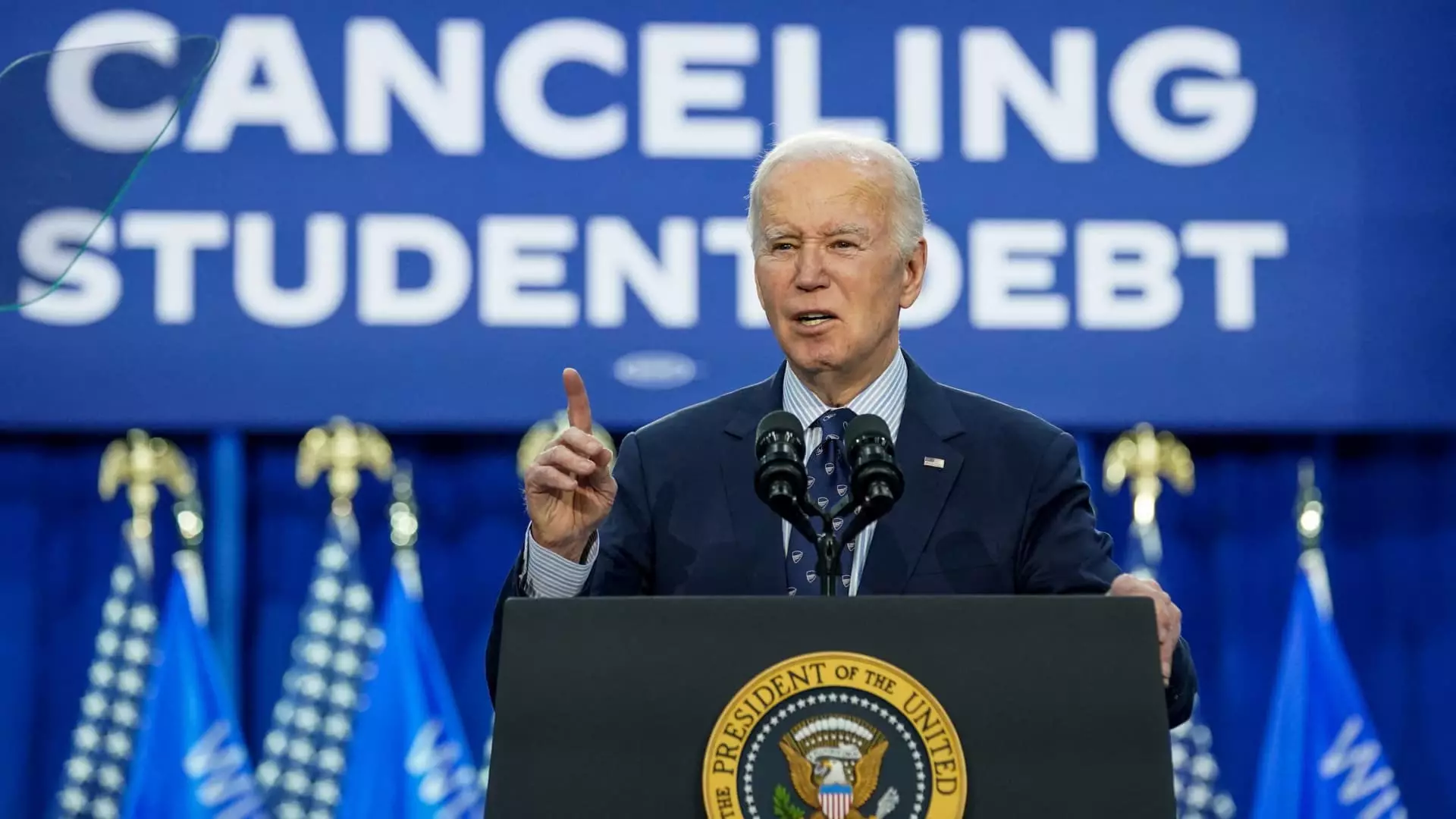President Joe Biden recently unveiled his Plan B for student loan forgiveness, emphasizing his desire to make community college tuition-free. This move was part of his $7.3 trillion budget for fiscal 2025. The President’s commitment to free college education has sparked a debate on the best approach to combat the college affordability crisis.
Critics argue that student loan forgiveness, while beneficial, is merely a temporary fix. Ryan Morgan, CEO of the Campaign for Free College Tuition, describes it as a “Band-Aid” solution. While it provides relief to individuals with existing education debt, it does not address the root cause of rising college costs. Free college, on the other hand, is seen as a more sustainable and effective solution to make higher education accessible to all.
While the federal government has yet to implement a nationwide free college program, several states have taken the initiative to make college tuition-free. Currently, 35 states have some form of tuition-free program in place, with most offering “last-dollar” scholarships. These scholarships cover tuition and fees not covered by existing financial aid, making college more affordable for students.
Despite the positive impact of tuition-free programs, critics point out certain limitations. Most free college programs do not cover additional expenses such as fees, books, and room and board. This can pose a challenge for lower-income students who struggle with these costs. Additionally, community college, often viewed as a pathway to a four-year degree, has a low transfer rate to bachelor’s programs.
Among state-based plans, the New Mexico Opportunity Scholarship Act stands out as a comprehensive tuition-free program. This program not only benefits recent high school graduates but also extends to returning adult learners, part-time students, and immigrants regardless of their status. New Mexico’s holistic approach to covering college expenses has led to a significant increase in college enrollment in the state.
While free college initiatives show promise in increasing access to higher education, it is essential to evaluate their long-term impact. Addressing the underlying issues of college affordability requires a comprehensive approach that goes beyond tuition-free programs. By considering the diverse needs of students and offering support for additional expenses, such programs can better serve the educational needs of all individuals.

Leave a Reply